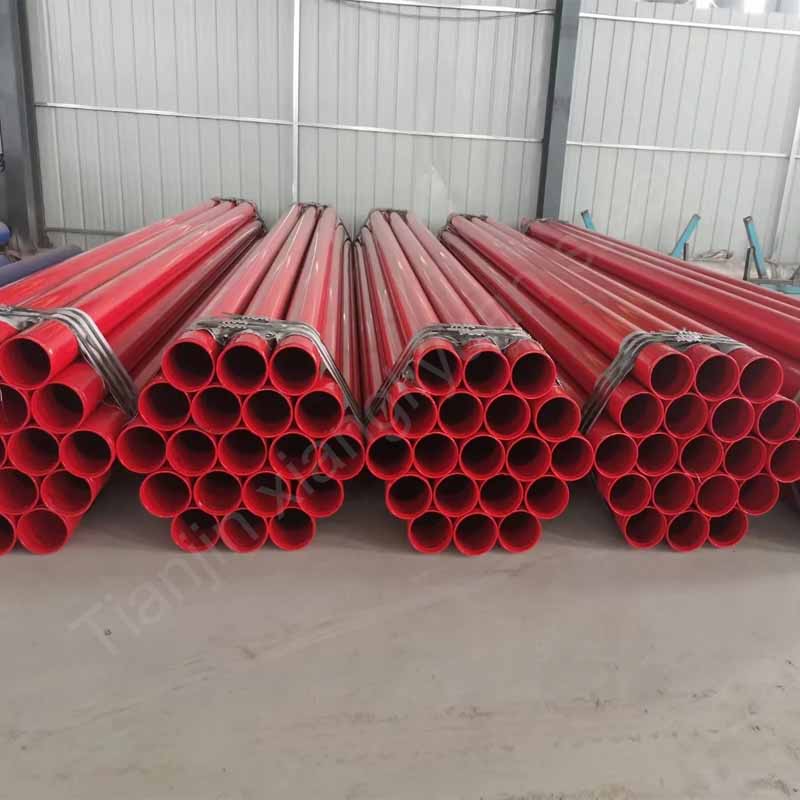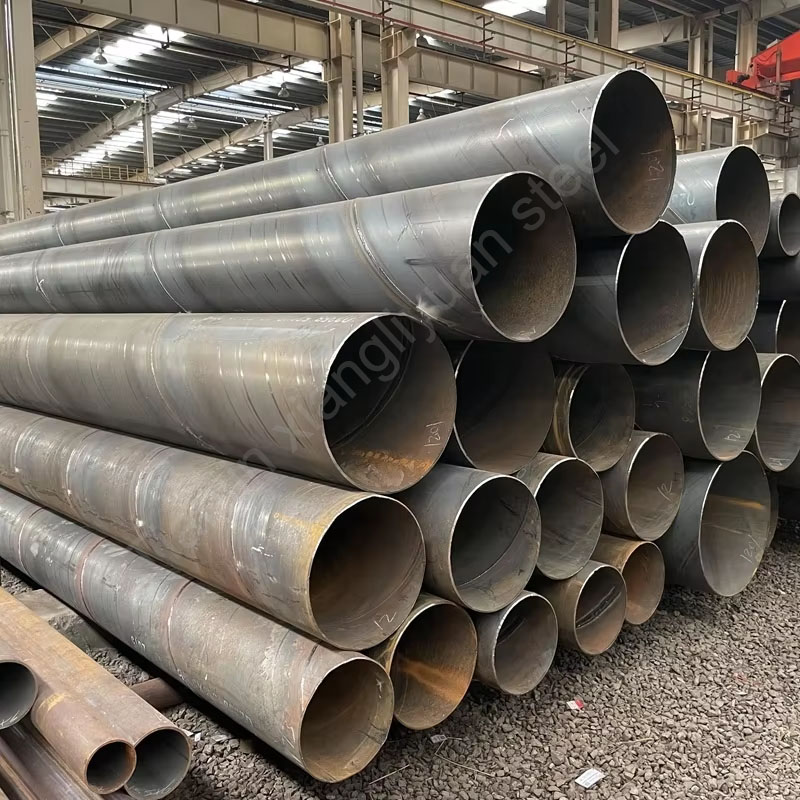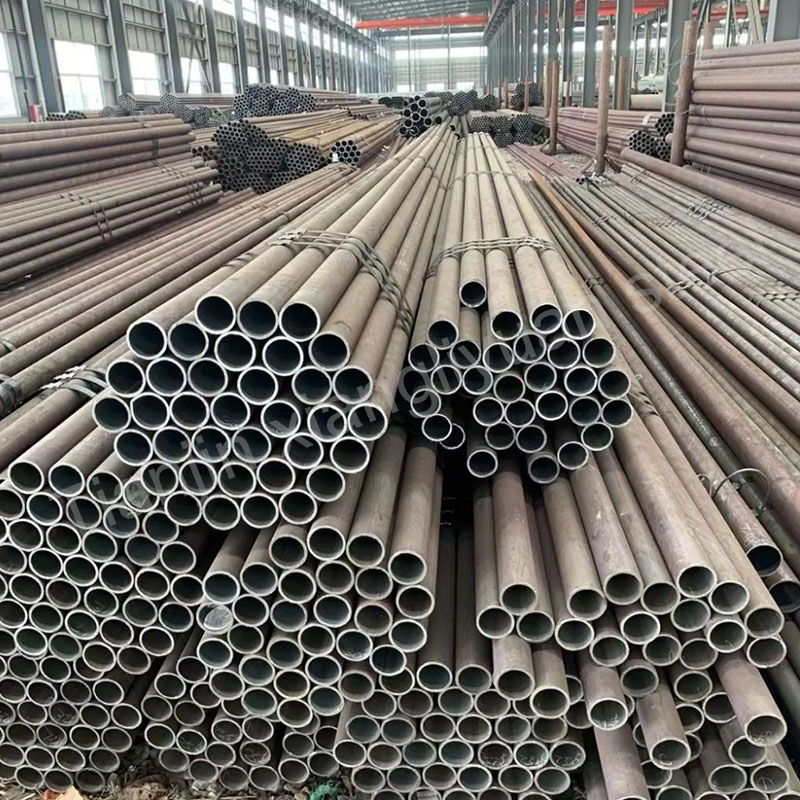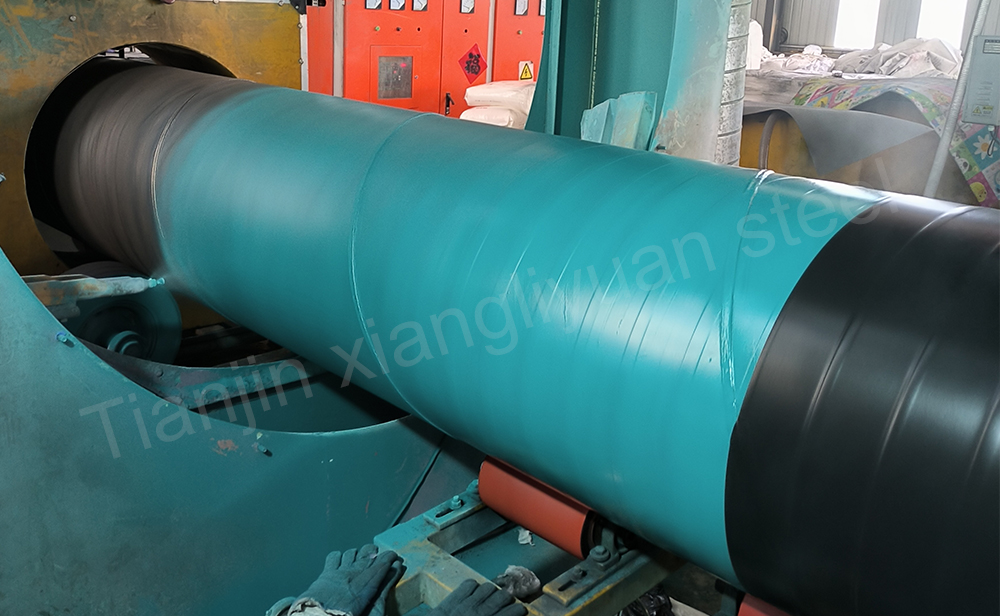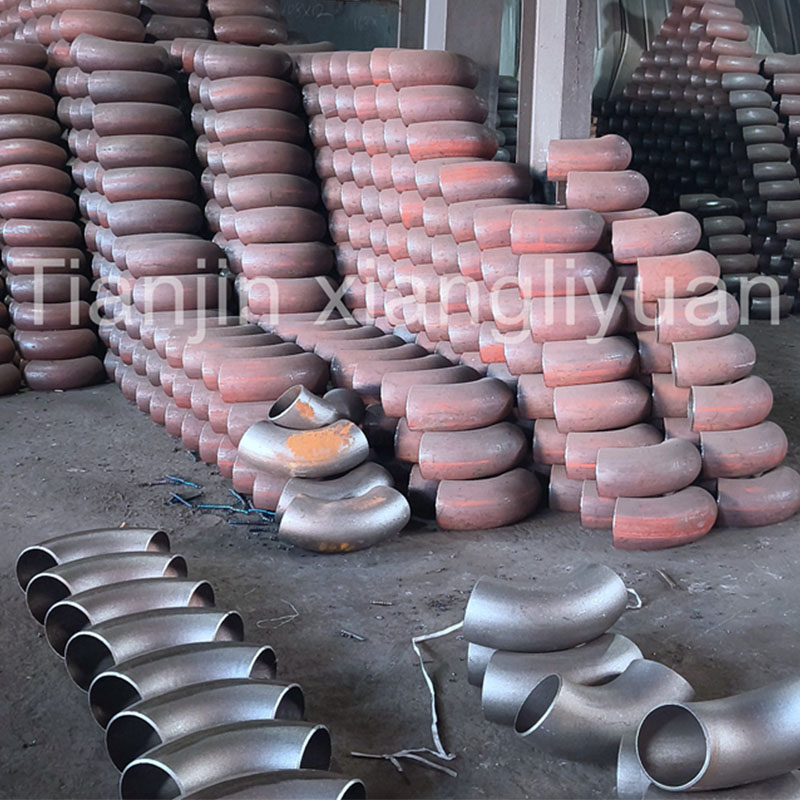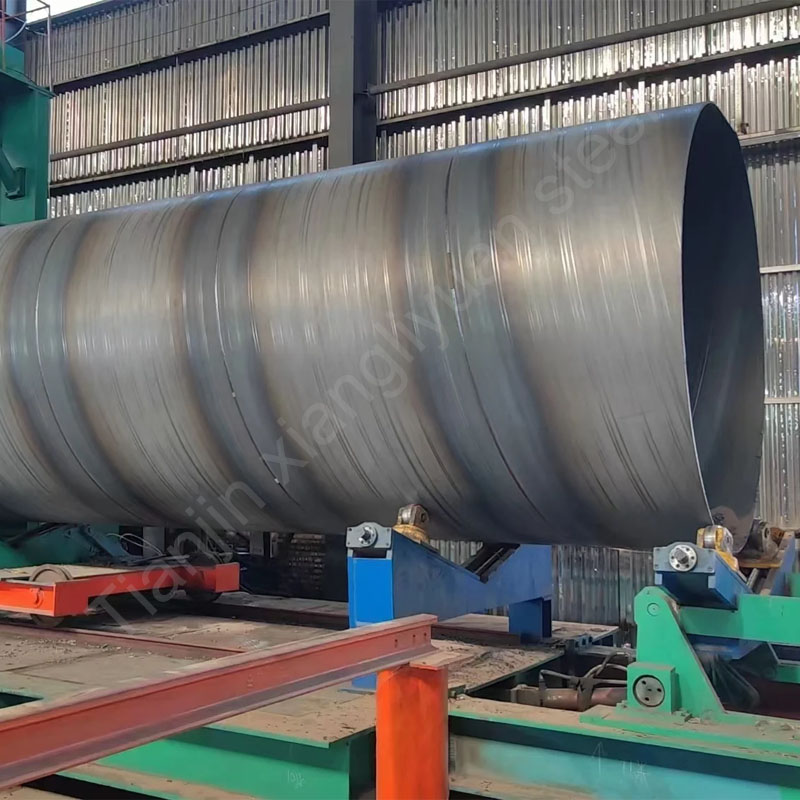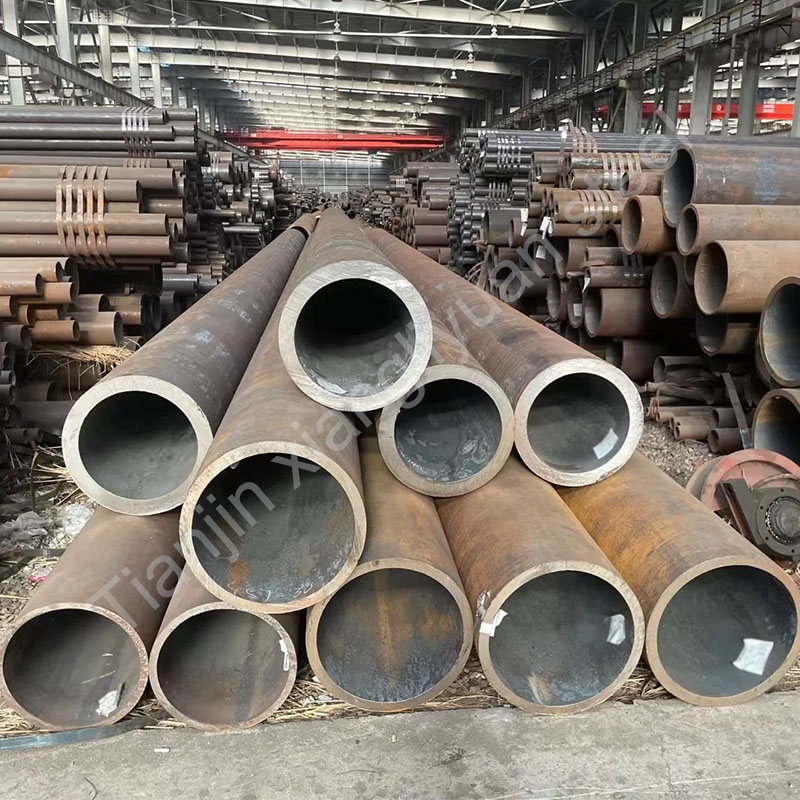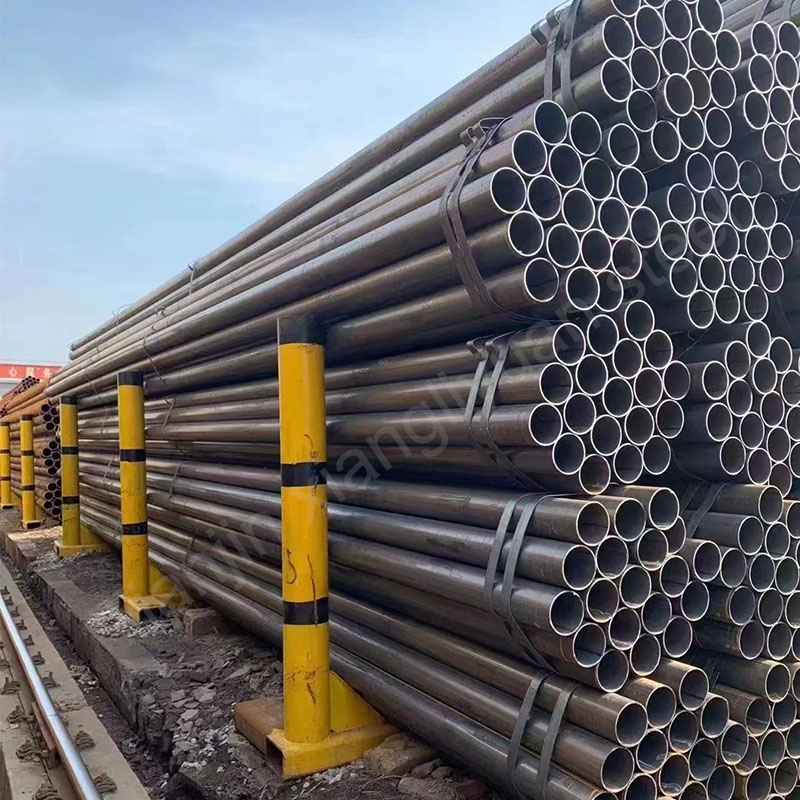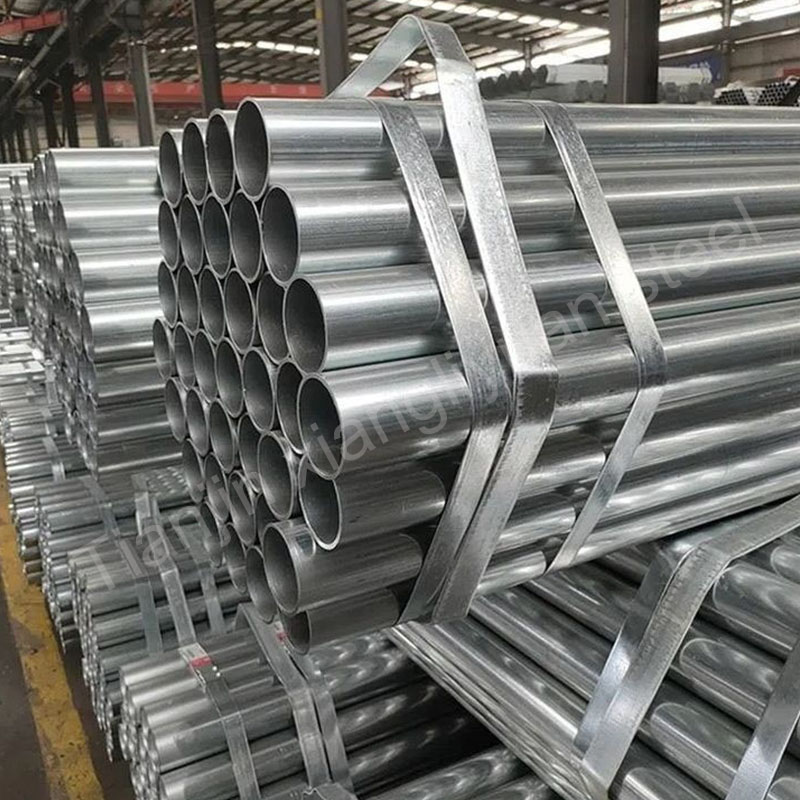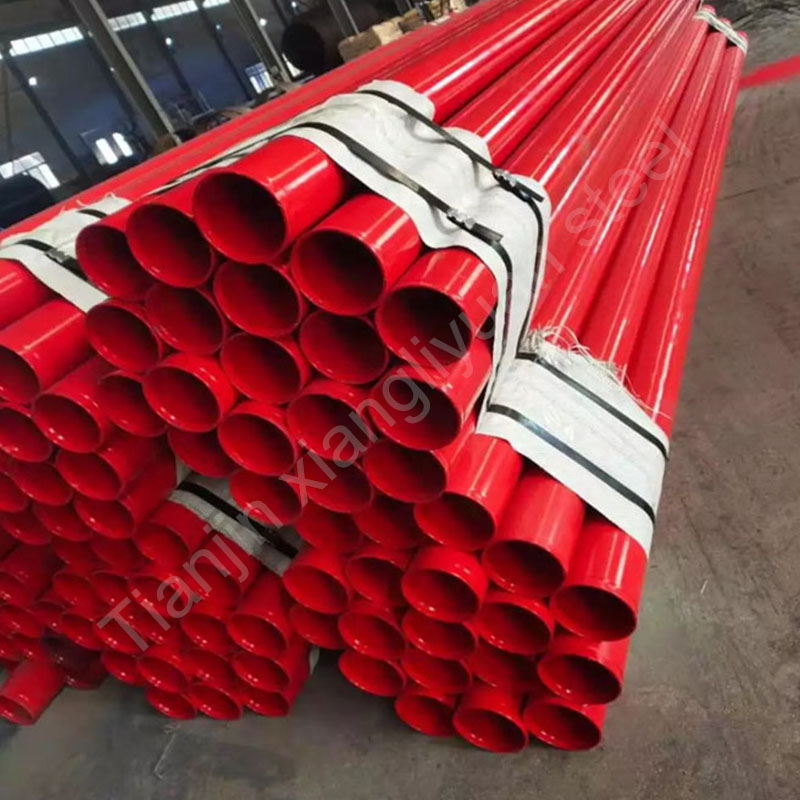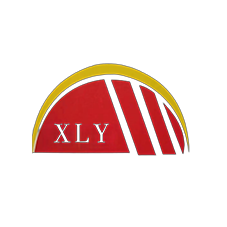Fire fighting tubes are critical components of fire protection systems, designed to deliver water or fire-suppressing agents efficiently during emergencies. These tubes must meet stringent quality, durability, and safety standards to ensure reliable performance under high-pressure conditions. In this guide, we explore the materials, steel
In industrial pipeline systems, LSAW and SSAW are two mainstream types of welded steel pipes. Although both belong to the category of arc welded steel pipes, they have significant differences in manufacturing process, structural performance and engineering applications. 1. Essential differences in manufacturing processes 1.
I. Materials and steel grades of seamless steel pipes and welded steel pipes Seamless steel pipes and welded steel pipes use different materials and steel grades according to their uses and requirements. Common ones include: 1. Seamless steel pipes Seamless steel pipes are usually used
There are several common surface treatment methods for steel pipes. The process, characteristics and uses of each treatment method are as follows: 1. Hot-dip galvanizing - Process: Immerse the steel pipe in molten zinc liquid to make the zinc adhere to the surface to form
Carbon steel pipe elbows are connectors used to change the direction of pipeline fluids and are commonly found in pipeline systems in industries such as petroleum, natural gas, chemical, and electric power. Elbows are classified into three basic types: 45°, 90°, and 180°. Special angles
Spiral welded pipe is a common type of steel pipe, and spiral welding technology is used in its manufacturing process. Spiral welded pipe has good strength and pressure resistance due to its unique structural characteristics and manufacturing process, and is widely used in fields such
High-pressure boiler tubes are key components used in boiler systems and are subject to high-temperature and high-pressure working environments, so their performance requirements are extremely strict. Among the many types of boiler tubes, seamless steel tubes are widely used in the manufacture of high-pressure boiler
Oil and gas line pipes are steel pipes specially used for transporting fluids such as oil and natural gas. As a key component for oil and gas transportation, it not only needs to withstand high pressure, corrosion, and low temperature, but also must meet the
Pre-galvanized steel pipe and hot-dip galvanized steel pipe are two common types of steel pipes. They are both treated with galvanizing process to improve the corrosion resistance and service life of steel pipes. Although both are galvanized steel pipes, there are obvious differences in production
During the use of industrial carbon steel pipes, color marking is usually used to distinguish different media, pressure levels and uses. These color markings can improve work efficiency, reduce the risk of misoperation, and provide a basis for rapid identification in emergency situations. The following

